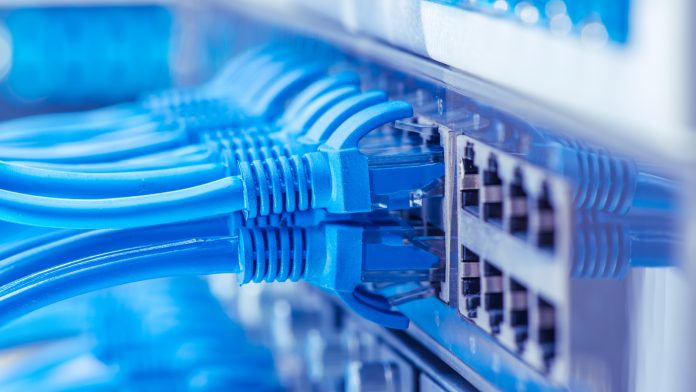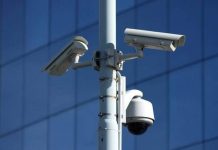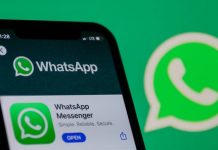It is really an ill wind that blows nobody any good. Citizens of advanced democracies would probably not understand this. It is reported that owing to recent disturbances in parts of the country, the Ethiopian government has blocked internet access to its citizens, suppressing information about the exact scope of the violence and the response of federal security forces. Ethiopians have been unable to reliably reach Twitter and Facebook since last week, and other services may also be affected. Restricting internet access is a common tactic for the government when protests break out and security forces crack down.
The government has justified such action in the past as a response to unverified reports and rumors, noting that social media become flooded with unconfirmed claims and misinformation when violence erupts. Herein lies the dilemma of democracy because blocking internet access also makes it more difficult for citizens to assemble peacefully or monitor what is happening on the ground.
Unlike most nations, which have multiple internet service providers (ISPs), Ethiopia’s sole ISP, Ethio Telecom, has almost full control over internet access in the country. To block traffic to and from certain websites, or even shut down access altogether, the government needs only to coordinate with Ethio Telecom, a state-owned company. In contrast, it would require the cooperation of more than 2,600 ISPs to shut down internet access in the United States. This will be entirely unthinkable in Britain.
Ethiopia is one of the sixty-one countries with only one or two ISPs, according to a 2012 report by Dyn, a company focused on internet traffic and data management. Countries with few ISPs face the severe risk of an internet disconnection, according to Dyn, because the providers often are state-owned, making it easy for repressive governments to control and monitor access. But even when a government shuts down the internet, information can trickle in and out of a country via dial-up connections on international phone lines and satellite links.
In the case of a partial shutdown in which a government blocks access to certain websites and services, citizens can still gain access to blocked content via proxies and virtual private networks (VPNs). These tools use encrypted intermediary connections to acquire access to blocked sites. Rather than connect to Tweeter directly, for example, a citizen would connect to a server that is still accessible and then request the blocked content.
It is widely known that the Addis Standard, an English-language website with extensive coverage critical of the government, has servers in Orlando, Florida, enabling it to stay active, even in the midst of crackdowns.


















